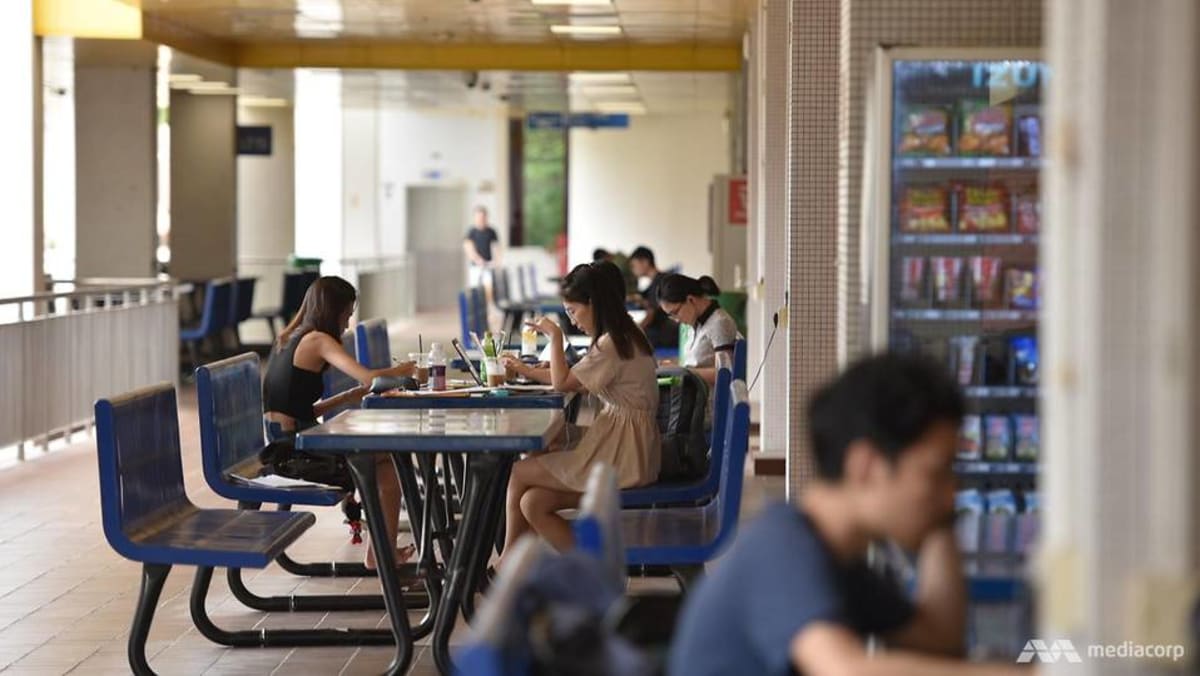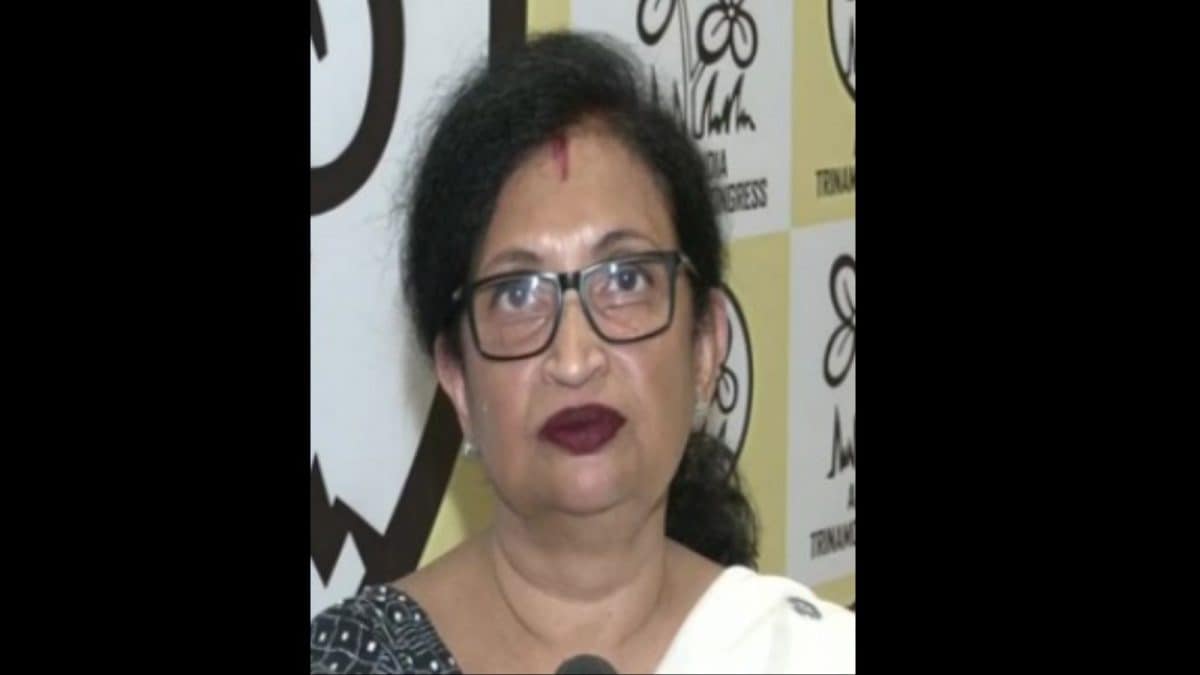Zawiyya Islamic Centre at Kanwuri in Gusau, the Zamfara State capital, is a typical northern Nigerian Quranic institution where pupils learn to memorise and recite the Islamic holy book.
With its solid and well-painted classrooms, hostels and a small mosque for daily prayers, the centre can pass for a standard tertiary institution in Nigeria.
However, it is not. Here, the pupils are available for hire for cheap labour and exploitation.
Wearing a long, flowing white kaftan, Audu Kaura, called Malam Audu by the pupils, walked with this reporter through a mini hall behind the centre’s mosque.
A16-year-old Sadique, one of the pupils in the overcrowded learning centre, had led the visitor to the teacher after the reporter told him he needed labourers to clean his new apartment and to work on his farm.
Within minutes, Mr Audu had assembled three pupils for the ‘job.’ He then drew the reporter aside to negotiate the fee.
“I know this is your first time coming here. So, you can tell your budget for the three boys. Though, some people pay N2,000 per person. This is aside from the food they provide for them at the workplace,” he said.
After the negotiation, the reporter handed Mr Audu N5,000 cash as their wages and an additional N2,000 for renting farm tools.
Saidu Abubakar, 13, Dauda Yakubu, 24, and Nasir Ali, 15, were the three hired students that Mr Audu ordered to follow the reporter.
The three were driven out of the facility in a tricycle without any challenge as they exited the main gate of the centre.
Interacting with the students outside the centre, 13-year-old Saidu narrated how a friend brought him to the school from Salka in Magama Local Government Area of Niger State.
“A friend informed me about the Qur’anic centre in Zamfara state, and we just boarded a vehicle and landed here.”
He had left his hometown without informing his parents and the Islamic centre did not ask him about his family background. Master Saidu was enrolled and joined the thousands of learners in the camp.

Each day, students are assigned by their teacher to follow individuals to farms or wherever cheap labour is needed. The fee is paid in advance to the teachers.
“We worked for different people that want our services through any Malam (teacher),” Master Saidu said. “Mostly, Mallam Audu helps sort for those who want our services, and we also return part of our earnings as he instructs.”
Twenty-four-year-old Dauda was the oldest of the three hired to this reporter. He said he had been working as a labourer since completing his Quran recitation four years ago.
“I decided to stay back in the centre to do menial jobs because there is no other place to go again,” he said.
“People come to the camp to seek our service, like working on their farms or any available jobs they have.”
Mr Dauda gave a picture of a typical day at the centre.
“We wake up at 4:30 a.m. to enable us to prepare for morning prayers and then Qur’anic recitation starts. After this, a break is given for us to solicit for alms or follow people to farms to do all kinds of soil tidying and cultivation. We then return to the centre for evening prayers, which end at 10 p.m,” he explained.
Unlike Saidu and Dauda who hailed from the same town in Niger State, 15-year-old Nasir said his parents live in Mafara town of Zamfara State. They dropped him off at the centre in 2020 to pursue Quranic memorisation and they had not seen him again since.

Aside from pursuing Qur’anic knowledge, the lad has also honed his begging skills for his survival at the camp.
More hands? No problem
The next day, this reporter returned to the centre to ask Mr Audu for another set of pupils. This time, he told the teacher he would take the children to Maru, a town about 40 kilometres away, to work on his farm for three days.
In a few minutes, Mr Audu assembled four pupils for the task. The children were much younger than in the previous set.
They were Aliyu, 13, Garba, 15 and Muhammad, 12.

After having a brief chat with them on the task, the teacher, in their presence, demanded N5,000 as the fee and another N2,000 to rent farm ‘tools’. After the payment, a day was scheduled for the journey, which the reporter never returned for.
Learning or Labour Camp?
Zawiyya Islamic Centre is a famous Islamic centre in Gusau, the Zamfara State capital. Said to have been founded in the 18th century, it is located in the bustling Kanwuri area of the ancient town and has a large number of pupils seeking Quranic knowledge and memorisation, otherwise known as Almajiri in northern Nigeria.
Atiku Balarabe, the proprietor of the centre, said even if children are unable to memorise the Quran, they should have basic knowledge of the holy book and Shariah laws.

This reporter found that children between the ages of eight and 18, as well as young adults, were camped in over-populated buildings, without sanitation or health facilities.
During a visit in late September 2024, a man living near the camp told this reporter that the struggles of the pupils to care for themselves on the streets had reduced them to beggars rather than students.
The Growing Numbers
Nearly 160 million children are involved in child labour globally, making it a significant issue. In Nigeria, over 24 million children are in child labour, according to the 2022 data from National Bureau of Statistics. Zamfara has the most with over 6.4 million children in child labour.
Also, a 2024 report by UNICEF says in the north-western states where Zamfara belongs, 35 per cent of Muslim children receive Quranic education, which does not include basic skills such as literacy and numeracy. The Nigerian government considers children attending such schools to be officially out-of-school.
“Most Almajiri children have become a source of cheap labour, contributing to the alarming statistic of over 15 million children in Nigeria involved in child labour,” says a report by the International Labour Organisation (ILO).
Child’s Rights Violation
Nicholas Ajadi, a legal practitioner with interest in labour law, said Mr Audu’s role in exploiting his pupils violates the UN Convention on the Rights of the Child, which Nigeria assented to in 1999, and the African Charter on the Rights and Welfare of the Child, signed by the country in 2001.
Many, but weak Laws
Aliyu Hamza, a Sokoto-based legal practitioner, said many laws address child labour and exploitation in Nigeria, including the international Convention on the Right of a Child and the African Charter on the Rights and Welfare of the Child (ACRWC) .

Zamfara State also has its own laws to combat child abuse. These include the Violence Against Persons (Prohibition) Law of 2022, the Child Protection Law of 2022, the Administration of Criminal Justice Law of 2023, and the Sharia Penal Code, which applies only to Muslims.
“All of these laws prohibit economic exploitation and the engagement in hazardous labour that might disrupt a child’s physical well-being or mental development. It curiously leaves out the age that falls under the class of a child,” Mr Hamza explained.
Mr Hamza is dismayed that in spite of the frameworks, child labour in Nigeria remains a cause of concern in many parts of the country like Zanfara State, due to religious beliefs, high poverty and limited access to education.
Blame Game
The stories of these children show that they, like millions of others, are victims of circumstance. Many of them were taken to the Quranic schools and handed over to the clerics because their parents could not take care of them.
The Zamfara State Attorney-General and Commissioner for Justice, Abdulazeez Sani, a senior advocate of Nigeria, said some parents send their children to Islamic centres to abdicate their financial responsibilities rather than to fulfill religious obligations as they claimed.
“Nothing religious about sending these children to study under Islamic teachers without food, shelter and medical welfare. You can see how these children are being exploited by individuals during farming seasons.”
School Management speaks
When confronted about Mr Audu’s actions, Badamasi Zauma, the secretary of the centre, said it forbids child abuse against the pupils. He acknowledged that cases had been recorded in the past but the centre punished those involved.

“We have cases of child molestation, bullying and other minor issues within the pupils. We have a committee that monitors the activities in the centre. If there are cases of child exploitation by the teachers, we will be glad to serve justice accordingly.” Mr Zauma said to this reporter.
The proprietor of the centre and vice chairman of Ulama Consultative Council in the state, Atiku Balarabe, also said child exploitation “is prohibited in all ramifications, especially in Islam.”

“We are here to uphold the tenets and teaching of Islam. If your investigation truly revealed that any of our teachers goes in contrast, we will take action against the person,” he said.
This investigation was produced with support from the Tiger Eye Foundation, Ghana, under the On Nigeria programme, funded by the MacArthur Foundation, United States.
Page planned and produced by: Oladayo Joanthan
Support PREMIUM TIMES’ journalism of integrity and credibility
At Premium Times, we firmly believe in the importance of high-quality journalism. Recognizing that not everyone can afford costly news subscriptions, we are dedicated to delivering meticulously researched, fact-checked news that remains freely accessible to all.
Whether you turn to Premium Times for daily updates, in-depth investigations into pressing national issues, or entertaining trending stories, we value your readership.
It’s essential to acknowledge that news production incurs expenses, and we take pride in never placing our stories behind a prohibitive paywall.
Would you consider supporting us with a modest contribution on a monthly basis to help maintain our commitment to free, accessible news?
Make Contribution
TEXT AD: Call Willie – +2348098788999








